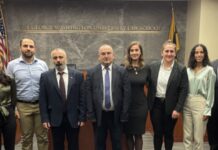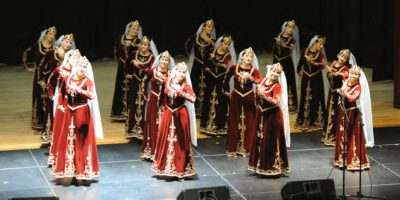By Edmond Y. Azadian
The year 2015 proved to be an exhilarating one for Armenians. This year capped a full century of traumatic living, struggling for recognition against political ploys and well-deserved plaudits. Armenians, fragmented and decimated by the Genocide, came to realize — after an entire century of frustrations — that their cause was more powerful than their collective clout could project and that it continued to have relevance for the international community and resonate in world politics.
It is true that some countries have supported the Armenian Genocide, not purely motivated by altruism; they have used the issue to promote their own national or political interests. That is the nature of politics and we need to understand it; we even need to take the initiative to find other countries whose interests run parallel to ours to further sensitize world public opinion towards the issue of the recognition of the Armenian Genocide.
Armenians have never claimed that their tragedy was a unique experience, though they have justification to do so. Cambodia and Rwanda are still in existence after their respective and tragic genocides. Ukraine survived the Holodomor (famine) of 1932-33 foisted upon it by Josef Stalin. In contrast, Armenians were the only nation that lost its historic homeland after the murder of 1.5 million of its people. The argument can be made that the Holocaust of the Jews, on the contrary, helped them regain their lost homeland of 2,000 years. The Balfour Declaration of 1917 continued to remain an unfulfilled promise, until the revelations of the Nuremberg trials shook the conscience of humanity, leading the international community to support the creation of a homeland for the Jews in 1948.
The centennial year was a moment of reckoning for the Armenians as well as the Turks.
There are virtually no survivors of the Genocide, yet the cause is alive and well. The succeeding generations have come up with more powerful means to pursue the cause and the existence of an independent Armenian republic constitutes the foundation and the promise for future restitution.









